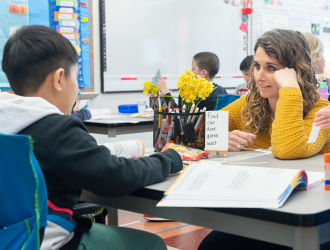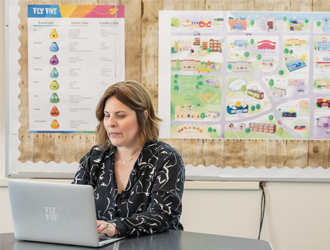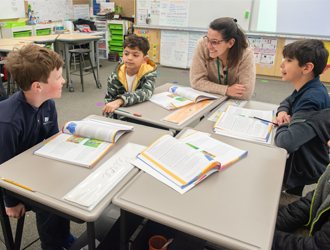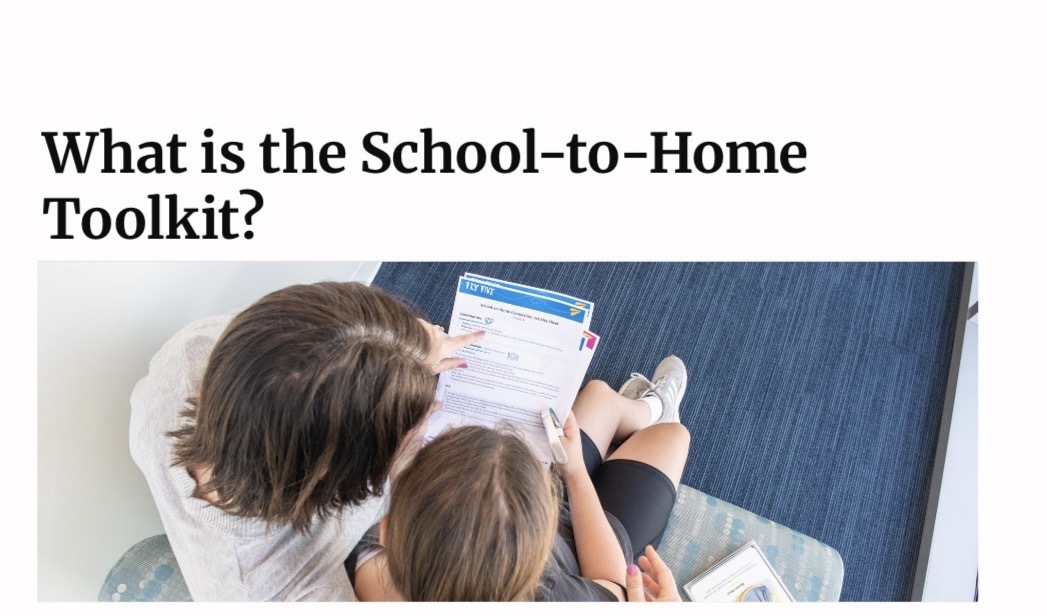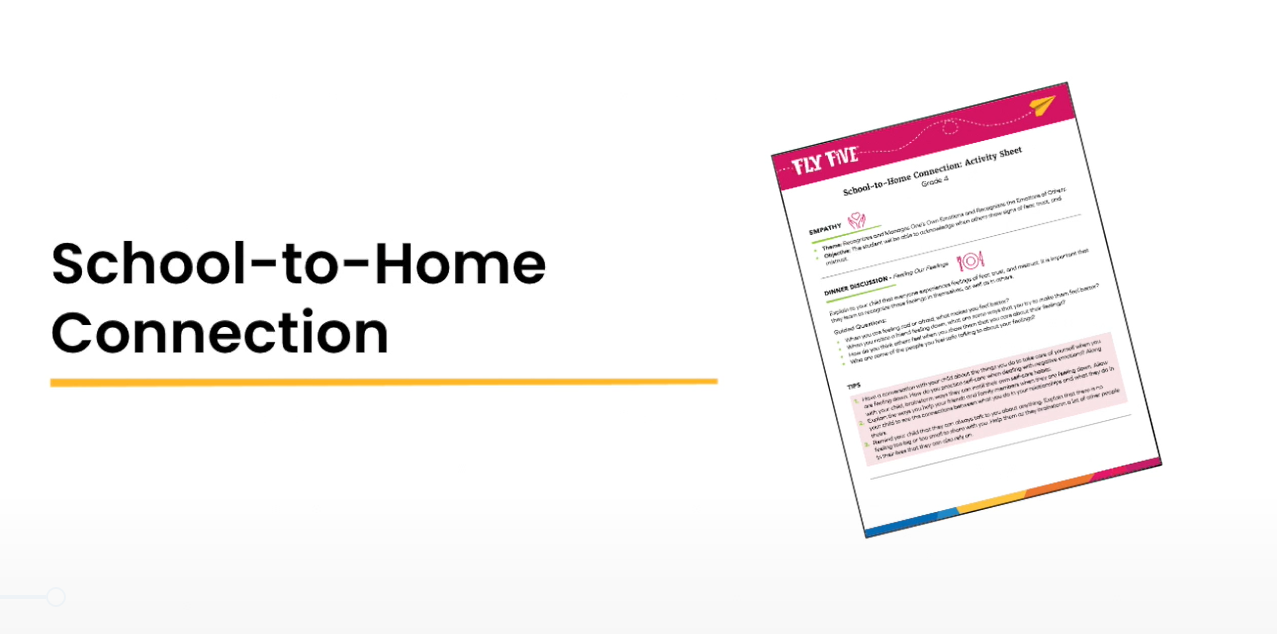Starting the School Year Strong: Parent-Teacher Communication

Although the beginning of the school year involves a lot of moving parts, focusing on teacher-parent relationships within the first six weeks of school can help establish positive classroom communities and parent partnerships for the school year ahead. In this article, you will discover the benefits of starting the school year off with clear communication strategies and learn why putting extra thoughtfulness and time into teacher-parent partnerships is beneficial to your classroom.

One of the key components to strengthening parent-teacher partnerships is starting with consistent and effective communication at the beginning of the school year. Of course, communication with parents is not a one-size-fits-all formula, but educators can set the stage for social, emotional, and academic success by fostering a welcoming learning environment not only for their students but for parents as well. Research shows that “simply telling parents we have the same goal is not as effective as showing them, from our first encounter, that their child’s safety and success are our priorities” (Cofie, 2021). For example, it is helpful to share any noticings you may have about the child’s natural strengths and areas of growth or express empathy and concern when a child is sick or has a family emergency. Sharing specific information about each child creates an environment where families are more likely to see school in a positive light and feel at ease (Cofie, 2021). When educators share their expertise with parents and make themselves open and available to questions and concerns, both parties are more likely to feel valued and empowered in their school community.

Although the beginning of the school year involves a lot of moving parts, focusing on teacher-parent relationships within the first six weeks of school can help establish positive classroom communities and parent partnerships for the school year ahead. Spending time on these relationships can lead to more specific follow-up conversations, as you get to know your parent and student communities. With a solid foundation, it will be easier to navigate newsletters or less personalized emails that may contain more general information, such as school field trips and homework assignments. Two-way communication also ensures that the teacher can develop an understanding of their students’ unique background and needs (Comer, 1997) and how that may impact the way that they learn. As we learn more about how parents prefer to communicate throughout the school year, educators can continue to cultivate positive relationships with parents and actively seek ways to welcome and strengthen these partnerships.
The Benefits of Parent-Teacher Communication
Relationships take work, and parent-teacher relationships are no different. Putting in the effort to establish connections with parents early on can open the door for parent-teacher partnerships and student achievement to thrive in the year ahead. When educators balance specific communication with general information, it lets parents know that their child is valued and sows feelings of trust and respect. When these partnerships are strengthened, research shows that parents are more likely to be involved in their child’s learning which has many significant benefits for student success in the classroom (Cofie, 2021; Epstein and Salinas, 2004), such as:
- Greater student achievement
- A more positive attitude toward school
- Improved student behavior with fewer moments of interruption or misbehavior

In the end, it is well worth the effort it takes to create an environment where parents feel seen and heard. Additionally, it is important to keep in mind that along this relationship-building journey, educators’ perspectives may differ from those of their students’ parents. Leading with openness and acceptance is an important part of honoring parents’ and families’ experiences that may differ from our own.
Recognizing Potential Barriers
There are many potential factors that may hinder parent-teacher communication, including time, language barriers, family units that aren’t recognized as traditional, and cultural boundaries (Quirk & Benner, 2020). Although educators may be aware that parent-teacher relationships are important, it doesn’t mean they are easy to establish. Both parents and teachers may have had challenging experiences in the past that can unconsciously affect relationships in the future. Approaching every parent partnership with empathy, a willingness to share common goals for the child, and open-ended questions about what matters to them will help reinforce positive teacher-parent relationships for the year ahead.

Building a strong foundation for parent-teacher relationships to thrive, despite the challenges that may arise, can make a world of difference for everyone involved—especially the students. Taking the time to intentionally foster strong communication and parent-teacher connections paves the way for a more positive, supportive, and understanding school community. In the end, strong partnerships are ones that highlight the unique value that each and every teacher and parent has to offer in leading students to success.
References
Cofie, J. (2021). Strengthening the parent-teacher partnership. Center or Responsive Schools, Inc.
Comer, J. P., & Haynes, N. (1997, July 1). The home-school team: An emphasis on parent involvement. Edutopia. https://www.edutopia.org/home-school-team
Epstein, J. L., & Salinas, K. C. (2004). Partnering with families and communities. Educational Leadership, 61(8), 12–18.
Quirk, A., & Benner, M. (2020). One size does not fit all: Analyzing different approaches to family-school communication. Center for American Progress. https://www.americanprogress.org/article/one-size-not-fit/



